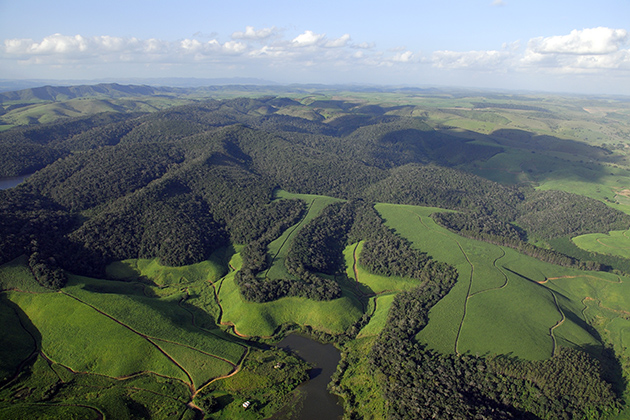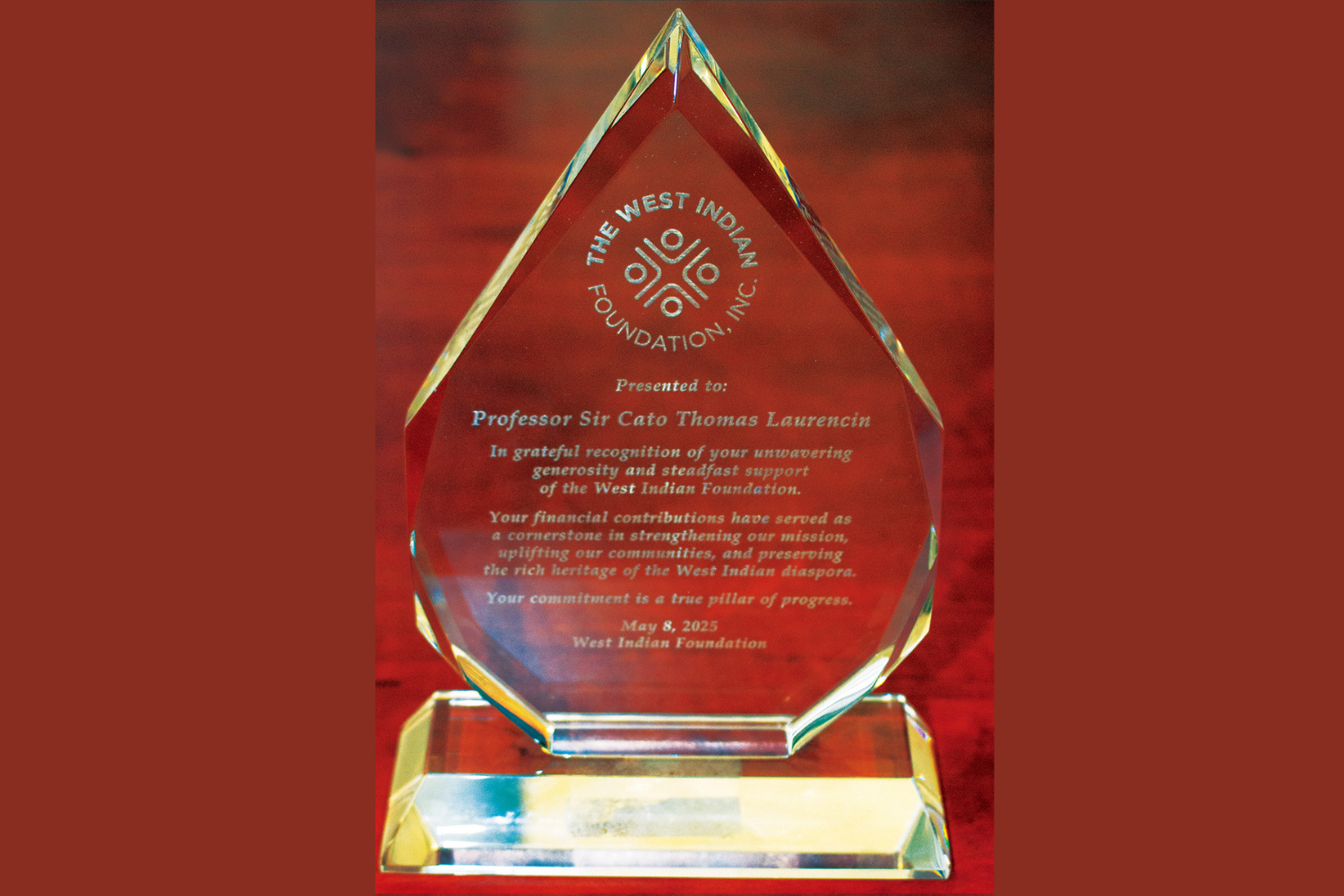
Researchers and nonprofit leaders representing 14 countries convened at UConn last week to begin work on a global five-year, multidisciplinary project to help scientists, governments, and peoples around the world understand and plan for sustainable and socially responsible tropical forest regrowth.
“For a long time scientists have observed deforestation in the tropics, in which you see forest cover going down,” said the project’s principal investigator, Professor Robin Chazdon of the Department of Ecology and Evolutionary Biology (EEB). “But for a variety of reasons, deforestation rates are now slowly declining. In some cases forests are now coming back, and it’s urgent that we act to bring these forests back in the best ways we can.”
Called PARTNERS, which stands for People and Reforestation in the Tropics: a Network for Education, Research, and Synthesis, the project is supported by a five-year, $440,000 grant from the National Science Foundation.

What makes the project unique, says co-PI Mike Willig, professor of ecology and evolutionary biology and director of the UConn Center for Environmental Sciences and Engineering, is that it brings together not only ecologists and environmental scientists, but social scientists, such as economists, anthropologists, political scientists, and sociologists, to determine the best practices for forest regeneration.
The researchers hailed from Brazil, Mexico, Australia, India, Britain, the Netherlands, and many other nations.
“The purpose of the project is to bring people together who have not heretofore collaborated,” noted Willig, “and represent multiple disciplines from the continents that have tropical forests and beyond.”
The rambunctious garden
Tropical forests suffered unprecedented damage in the 20th century, when old-growth Central and South American, African, and Asian forests were cleared for farming, to harvest timber, and to build roads and cities.

But some forests are beginning to return. Today, the researchers said, almost 4 million square miles in the tropics offer opportunities for reforestation. Chazdon’s recent book, Second Growth: The Promise of Tropical Forest Regeneration in an Age of Deforestation (University of Chicago Press, 2014), gives a review of the human impacts on tropical forests over several centuries and, more recently, on the ecology of forest regeneration.
One example she cites is Puerto Rico, which before World War II had less than 10 percent forest cover. After the war, many rural residents moved to San Juan and other cities for jobs in new U.S. factories, leaving their farms behind.
Over time, these abandoned farmlands have grown into young forests, raising Puerto Rico’s forest cover to about 50 percent today. But Chazdon warns that because scientists don’t know what plants and animals are making up these secondary-growth forests, it’s hard to know what benefits they provide.
“This is not a reversal of deforestation, and we don’t want people to think it simply solves the problem,” said Chazdon. “But up until now scientists haven’t looked closely at what’s actually growing in these forests. So there’s a lot of interesting things we can study about it.”
Reforest with care
At the workshop, 43 natural scientists and social scientists convened at UConn to begin synthesizing the available research on forest regeneration, with the goal of making tangible reforestation recommendations to policymakers in tropical regions around the world, and initiating new research and education projects based on synthesis of existing data.
In their outcome statement, the researchers pointed out that reforestation should be considered at many different scales.
Although reforestation occurs at the local level and needs to include input from local and regional communities, the researchers said, there are also important global benefits involved that shouldn’t be taken lightly.
Reforestation can provide many benefits in the form of ecosystem services, like removing carbon from the atmosphere and filtering water, and these benefits cross local, national, and international boundaries.
For example, Prakash Kashwan, assistant professor of political science at UConn, said a new type of commodity market for ecosystem services is emerging, creating incentives for businesses and governments.
“When we have a fundamental shift like payment for ecosystem services, are there opportunities? Are there threats?” he asked. “Ultimately, reforestation is about the behavior of individuals, corporations, and governments. It’s a complex political economy.”
Many global non-governmental organizations participated in the conference, such as the World Resources Institute, the Union of Concerned Scientists, and the International Union for the Conservation of Nature. These groups are active in reforestation efforts and often have the ear of policymakers, so they are an invaluable resource, said Chazdon.
Over the coming years, the group will produce white papers, peer-reviewed articles, and policy briefs to be used at various levels of scientific and government decision-making.
UConn is an ideal home for this work, and for the initial workshop, because of the many researchers here interested in sustainability from many different disciplines, said Willig. But he says the real driving force behind the work has been Chazdon herself.
“This has been Robin’s passion for more than 25 years, and she’s among the world’s experts on it,” he said. “She’s the right person, in the right place, at the right time.”


